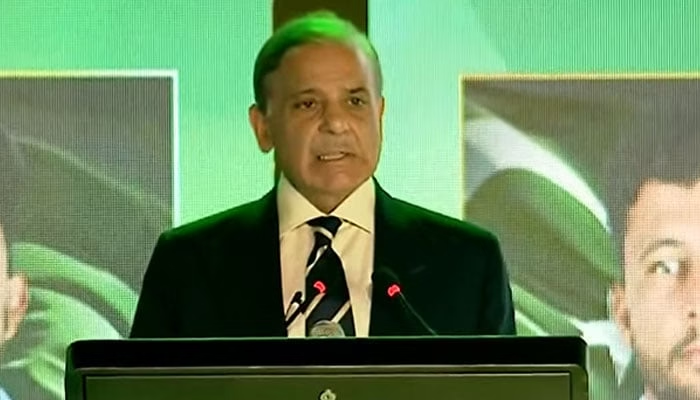Prime Minister Shehbaz Sharif and his son Hamza Shehbaz have requested the transfer of the Ramazan Sugar Mills reference to the National Accountability Bureau (NAB), citing recent amendments to the National Accountability Ordinance 1999. This move follows the Supreme Court’s recent ruling, which reinstated amendments to the ordinance and provided relief to PTI founder Imran Khan.
On September 6, the Supreme Court overturned the September 15, 2023, decision that had invalidated the amendments to the National Accountability Ordinance. The court accepted intra-court appeals filed by the federal and provincial governments, concluding that Imran Khan had failed to prove that the amendments were unconstitutional. This decision has significant implications for ongoing cases under the NAB’s jurisdiction.
During a recent hearing, the legal team representing Shehbaz Sharif and Hamza Shehbaz argued that the reference against their clients should be considered inadmissible following the Supreme Court’s verdict. They contended that the accountability court no longer had the jurisdiction to proceed with the case. In response, the judge directed the lawyers to file an application requesting the transfer of the reference to the NAB. The court scheduled the hearing on this application for October 1. Additionally, Hamza Shehbaz’s request for exemption from personal appearance was granted by the court.
The Ramazan Sugar Mills reference, initially filed on February 18, 2019, alleges that former Punjab Chief Minister Shehbaz Sharif misused his authority to construct a 10-kilometer sludge carrier in Chiniot, benefiting the Ramazan Sugar Mills owned by his sons. The anti-corruption bureau claimed that this project resulted in a loss of Rs213 million to the national exchequer. The case was reopened in November 2023 after the previous amendments, introduced by the Pakistan Democratic Movement (PDM) coalition government, were struck down.
Imran Khan has also sought acquittal in a separate case involving £190 million, citing the recent NAB amendments. His lawyer argued before the accountability court at Adiala Jail in Rawalpindi that the case was no longer valid due to the Supreme Court’s ruling, which protects all cabinet decisions under the NAB amendments.
The NAB amendments, reinstated by the Supreme Court, have significantly altered the scope and powers of the accountability body. Under the new provisions, NAB is restricted from investigating graft cases involving less than Rs500 million and can only probe fraud cases involving more than 100 victims. The amendments also limit NAB’s custody powers to a maximum of 14 days, extendable to 30 days, and prohibit the bureau from acting on tax-related matters at federal, provincial, or local levels.
Furthermore, the amendments removed regulatory bodies from NAB’s jurisdiction and transferred ongoing investigations and trials to relevant institutions and courts. They also reduced the term of the NAB chairman and the bureau’s prosecutor general from four years to three years and set a three-year term for judges of accountability courts, with a requirement for cases to be decided within one year.
The legal challenges faced by Shehbaz Sharif, Hamza Shehbaz, and Imran Khan highlight the ongoing complexities and high-stakes nature of Pakistan’s political and legal landscape. As these cases unfold, the implications of the Supreme Court’s rulings and the NAB amendments will continue to shape the dynamics of accountability and governance in the country.



